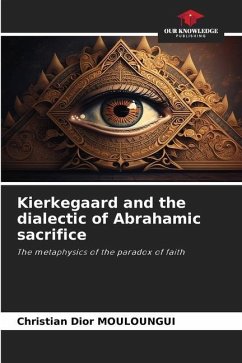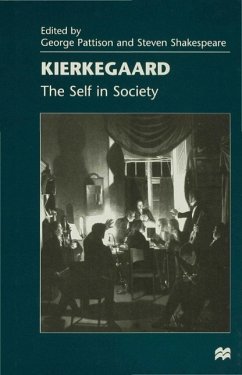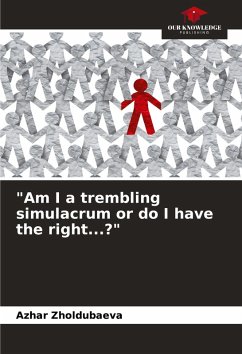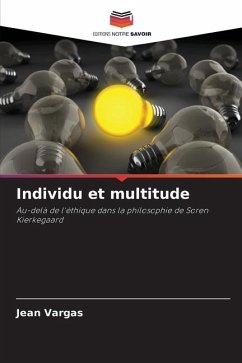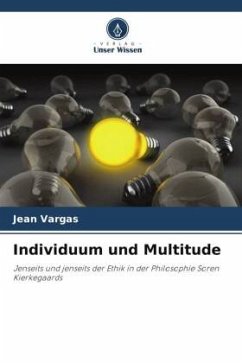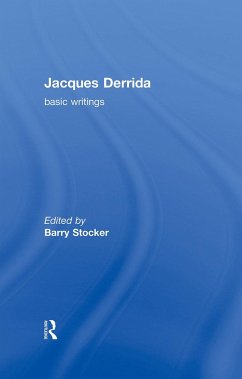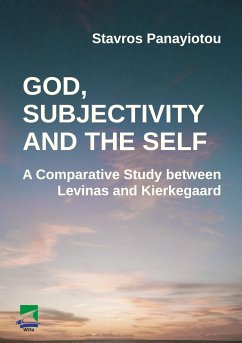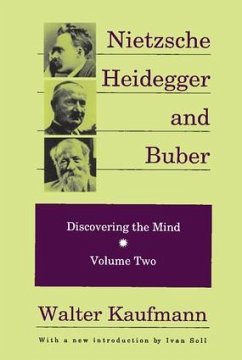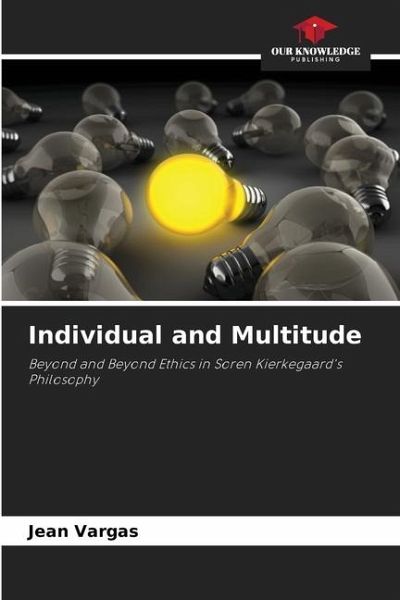
Individual and Multitude
Beyond and Beyond Ethics in Soren Kierkegaard's Philosophy
Versandkostenfrei!
Versandfertig in 6-10 Tagen
43,99 €
inkl. MwSt.

PAYBACK Punkte
22 °P sammeln!
It is a difficult task to unite Kierkegaard's diversity. There are notably two risks in this operation. The first is that of categorising an unclassifiable author. Too philosophical for theologians and too theological for philosophers, Soren Kierkegaard (1813-1855) doesn't seem to fit in easily, even if we use a tour de force. The Dane escapes attempts at classification, and escapes in a meticulously calculated way, which ends up allowing him to be frequented by philosophers and theologians, as well as artists, writers of literature and even film directors. The second risk is that, by avoiding...
It is a difficult task to unite Kierkegaard's diversity. There are notably two risks in this operation. The first is that of categorising an unclassifiable author. Too philosophical for theologians and too theological for philosophers, Soren Kierkegaard (1813-1855) doesn't seem to fit in easily, even if we use a tour de force. The Dane escapes attempts at classification, and escapes in a meticulously calculated way, which ends up allowing him to be frequented by philosophers and theologians, as well as artists, writers of literature and even film directors. The second risk is that, by avoiding systematisation, you lose yourself in the Kierkegaardian labyrinth, playing the game of pseudonyms, and indeed that of the Danish author himself. In other words, the risk here is that, in trying to capture him by using an academic commentary, we end up allowing him to "slip through our fingers" once again, so to speak. In view of this, this work reflects on how Kierkegaard articulates the singular Individual, the Multitude and ethics.




